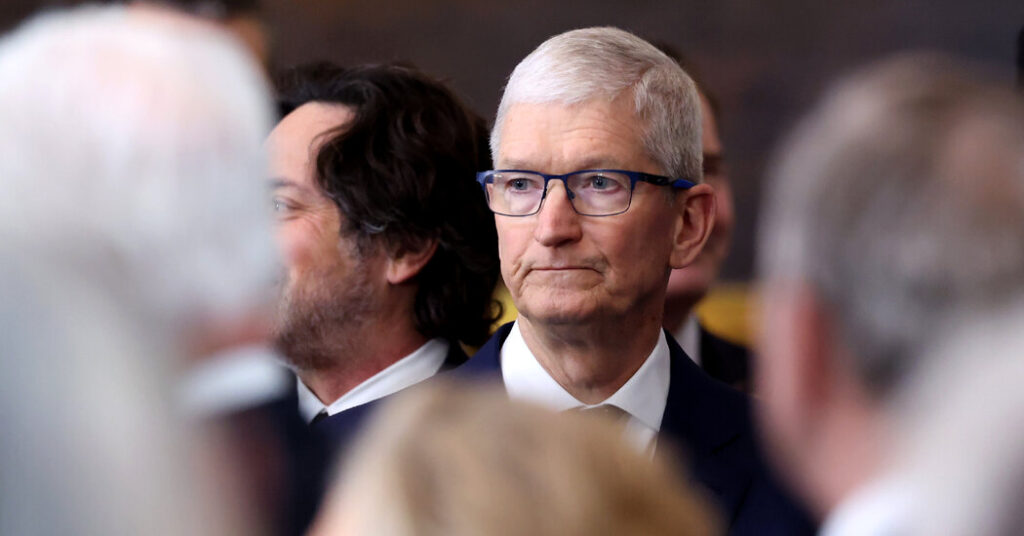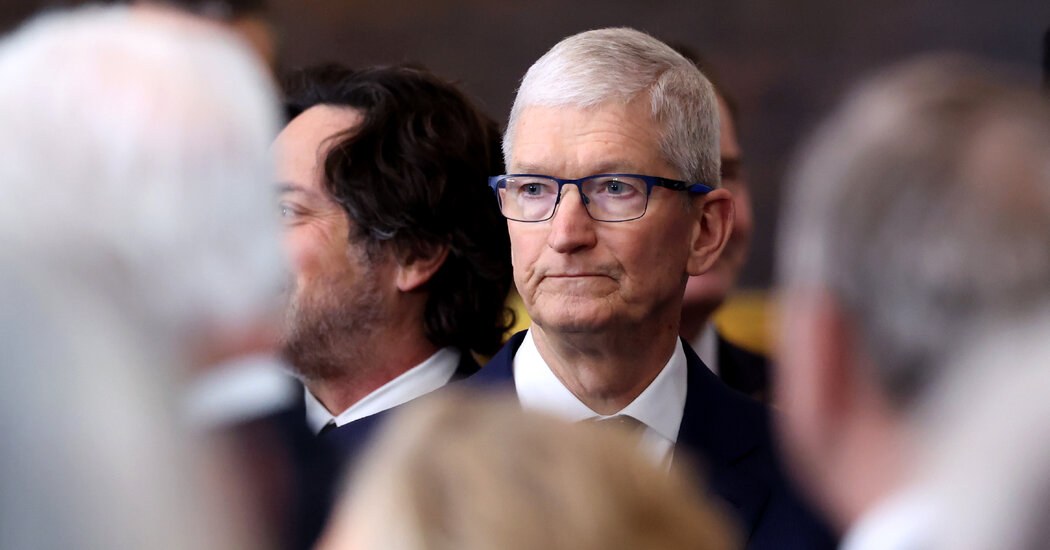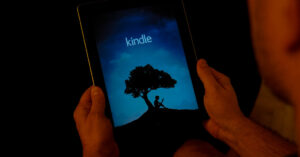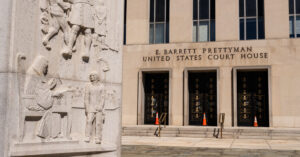How Apple Created a Legal Mess When It Skirted Judge’s Ruling
Court documents show the company commissioned a sham report and lied on the stand to justify its actions, which will cast a shadow over future lawsuits.


Court documents show the company commissioned a sham report and lied on the stand to justify its actions, which will cast a shadow over future lawsuits.
Several weeks after a federal appeals court said Apple would have to loosen its grip on its App Store, Tim Cook, the company’s chief executive, and his top lieutenants debated what to do.
For more than a decade, Apple had required apps to use the App Store payment system and collected a 30 percent commission on app sales. Now, in 2023, the courts were ordering it to allow apps to avoid Apple’s payments and go directly to online consumers. Mr. Cook wanted to know: Could Apple still charge a commission on those sales without violating a court order?
Phil Schiller, who oversaw the App Store, worried that new fees could be illegal. He favored making online sales free of an Apple commission. Luca Maestri, who oversaw the company’s finances, disagreed. He favored charging a commission of 27 percent for online sales because it would protect the company’s business.
Mr. Cook sided with Mr. Maestri, and Apple set out to justify that choice. It “manufactured” an independent economic study to legitimize its decision, a federal judge said in an angry ruling last week. It withheld thousands of documents under attorney-client privilege claims. And at least one of its executives lied on the witness stand.
The judge’s ruling, as well as witness testimony this year and company documents released on Thursday, shows the extraordinary measures that Apple took to keep every penny it collected in the App Store. The decision by Judge Yvonne Gonzalez Rogers, who heard the initial lawsuit brought by the video game company Epic Games in 2020, could cast a shadow over Apple’s business for years, weakening its credibility as legal scrutiny of its operations intensifies.
The company is also trying to fend off a half dozen other legal challenges, including a Justice Department antitrust lawsuit accusing it of maintaining an iPhone monopoly, class action lawsuits from app developers in the United States and anticompetitive investigations of its App Store by the European Union, Britain, Spain and potentially China.







